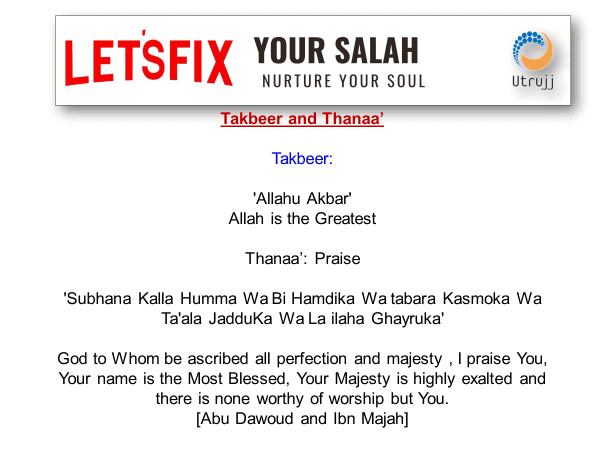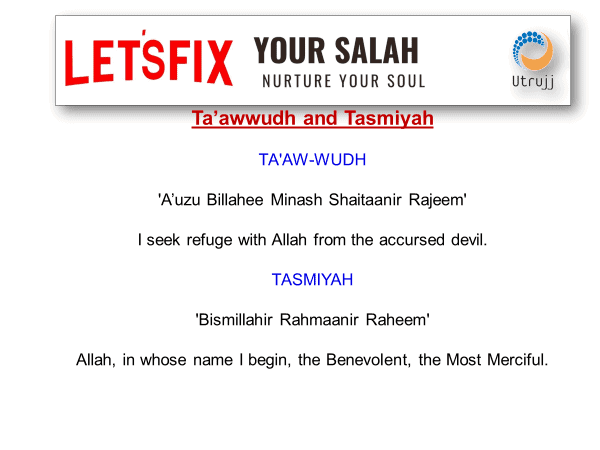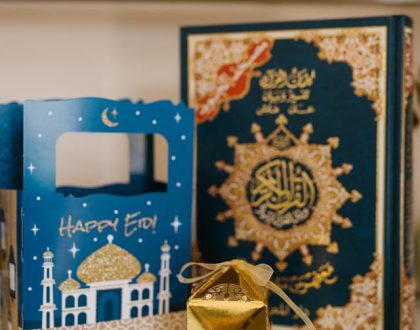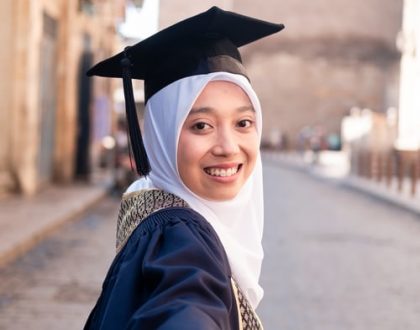What should I recite when beginning salah?

After the takbeer and before beginning the recitation of Surat al Fatihah, the sunnah is to recite either the thana or the dua al istiftah, followed by the istiadha. These are not fard elements of salah and one’s salah would not be invalidated if one missed them out, but one would be rewarded for doing them they are from the sunnah and it brings khushoo’ (tranquillity and purpose) when recited with understanding..
These are recited silently whether the salah is a silent salah (Dhur, Asr) or vocalised (Fajr, Maghrib, Isha). Silent does not mean that one does not move one’s lips, as a salah where you recite in your head without moving your lips is invalid. It means that one moves one lips but the sound is inaudible.
Thana
In the Hanafi school it is customary to recite the thanaa’, which is the supplication for opening the salah. It is glorifying and praising Allah Almighty.

Dua al Istiftah
The Shafi’s do not recite the thana but usually begin with the dua al istiftah, which confirms that Allah is the Creator. And it confirms your acknowledgement for His favours upon you.
In the opening of his salah, the Prophet (peace be on him) used to say in the opening of his salah,
Oh Allah guide me to the best character and best habits. No one guides to the best of it, but You. Protect me from bad character and bad habits. No one can protect me from that, but you.
There are many other opening supplications, such as Allahuma maghfirli warhamni, anta ghafurur Rahim:
O Allah forgive me and have mercy on me, You are the Most Forgiving and Most Kind

Istiadha
After reciting the thana or the dua al Istiftah, one These are followed by the istiadha.

Shaykh Haytham Tamim – Let’s Fix Your Salah Course 2022
- How Allah strengthens the hearts of believers
- Why should you follow up one good action with another one?
- Don’t be a Ramadani person – Be a Rabbani person.
- How do you pray Salat al-Kusuf – the prayer during a solar eclipse
- The test of will – Tarawih Reflections 30
Recommended Posts

When can you fast after Eid?
April 07, 2024

Is it permissible to take out a student loan?
April 02, 2024

